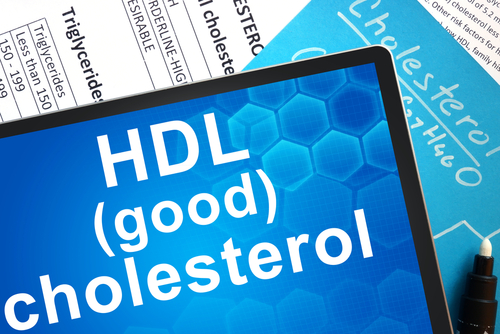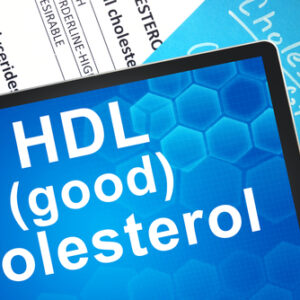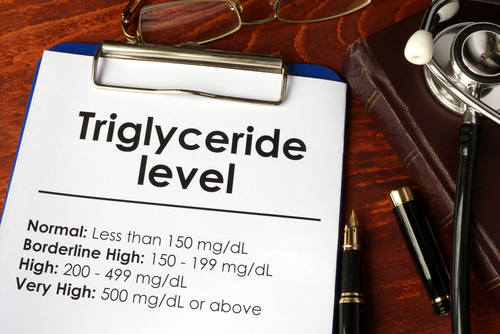What do I need to know about a Liver Function Profile?
A Liver Function Profile is a blood test to determine the functionality of the liver of a human body. The main purpose of this test is to get the idea of how well a liver is working. Liver function tests can be used to:
- Screen for liver infections, such as hepatitis.
- Monitor the progression of a disease, such as viral or alcoholic hepatitis, and determine how well a treatment is working.
- Measure the severity of a disease, particularly scarring of the liver (cirrhosis).
- Monitor possible side effects of medications.
- Liver function tests check the levels of certain enzymes and proteins in your blood. Levels that are higher or lower than normal can indicate liver problems. Some common liver function tests include:
- Alanine transaminase (ALT). ALT is an enzyme found in the liver that helps convert proteins into energy for the liver cells. When the liver is damaged, ALT is released into the bloodstream and levels increase.
- Aspartate transaminase (AST). Like ALT, AST is normally present in blood at low levels. An increase in AST levels may indicate liver damage, disease or muscle damage.
- Alkaline phosphatase (ALP). ALP is an enzyme found in the liver and bone and is important for breaking down proteins. Higher-than-normal levels of ALP may indicate liver damage or disease, such as a blocked bile duct, or certain bone diseases.
- Albumin and total protein. Albumin is one of several proteins made in the liver. Your body needs these proteins to fight infections and to perform other functions. Lower-than-normal levels of albumin and total protein may indicate liver damage or disease.
- Bilirubin. Bilirubin is a substance produced during the normal breakdown of red blood cells. Bilirubin passes through the liver and is excreted in stool. Elevated levels of bilirubin (jaundice) might indicate liver damage or disease or certain types of anemia.
- Gamma-glutamyltransferase (GGT). GGT is an enzyme in the blood. Higher-than-normal levels may indicate liver or bile duct damage.
- L-lactate dehydrogenase (LD). LD is an enzyme found in the liver. Elevated levels may indicate liver damage but can be elevated in many other disorders.
- Prothrombin time (PT). PT is the time it takes your blood to clot. Increased PT may indicate liver damage but can also be elevated if you’re taking certain blood-thinning drugs, such as warfarin.
Normal blood test results for typical liver function tests
| ALT | 7 to 55 U/L |
| AST | 8 to 48 U/L |
| ALP | 40 to 129 U/L |
| Albumin | 3.5 to 5.0 g/dL |
| Total protein | 6.3 to 7.9 g/dL |
| Bilirubin | 0.1 to 1.2 mg/dL |
| GGT | 8 to 61 U/L |
| LD | 122 to 222 U/L |
| PT | 9.4 to 12.5 secs |
What causes abnormality in my Liver Function Profile?
There are actually a lot of factors that can cause a decline in a liver’s functionality. These causes, in some unfortunate cases can even lead to a chronic liver disease or a liver failure which is a life threatening condition. The most common causes of low liver function profile is liver infections that lead to inflammation of the human liver, directly affecting its functionality.
The hepatitis viruses are the most common infectants behind liver infections and are known to cause complications that go by the name of Hepatitis A, Hepatitis B and Hepatitis C. Other than liver infections, diseases aimed at a human body’s immune system are also the possible causes of a liver’s low function profile, as in the case of autoimmune hepatitis. Genetic liver diseases and liver cancer are also the causes of low liver function profile.
Besides them, there are also certain lifestyle practices that lead to a decline in a liver’s functionality, and heavy alcohol consumption is one of them. Heavy alcohol consumption can severely damage the liver and can lead to fatality. Other causes of fatty liver include diabetes mellitus and obesity. A variety of medications can cause abnormal liver enzyme levels in some individuals. Examples of some of the common medications with potential liver toxicity include: Painkillers like Aspirin, ibuprofen, antidepressants, anti seizures and antibiotics.
What are the complications of liver disease?
Except for gallstone disease and some viral infections such as hepatitis A, C, and infectious mononucleosis, most liver diseases are managed and not cured. Liver disease can progress to cirrhosis(scarring of liver tissue) and liver failure. Associated complications may include increased risk of bleeding and infection, malnutrition and weight loss, and decreased cognitive function. Some liver diseases are associated with an increased risk of developing liver cancer.
How can I ensure a normal liver functioning?
An abnormal liver function profile is alarming. Liver is a crucial body part and an abnormal liver function profile poses risk of death if left untreated. To prevent major liver diseases:
- Drink alcohol in moderation. For healthy adults, that means up to one drink a day for women and up to two drinks a day for men. Heavy or high-risk drinking is defined as more than eight drinks a week for women and more than 15 drinks a week for men.
- Avoid risky sexual behaviors and avoid contact with other people’s blood and body fluids. Hepatitis viruses can be spread by accidental needle sticks or improper cleanup of blood or body fluids. Use a condom during sex. If you choose to have tattoos or body piercings, be picky about cleanliness and safety when selecting a shop.
- Get vaccinated. If you’re at increased risk of contracting hepatitis or if you’ve already been infected with any form of the hepatitis virus, talk to your doctor about getting the hepatitis A and hepatitis B vaccines.
- Stay at optimum weight and stay physically active. This is to avoid obesity which in turn can avoid fatty liver.






